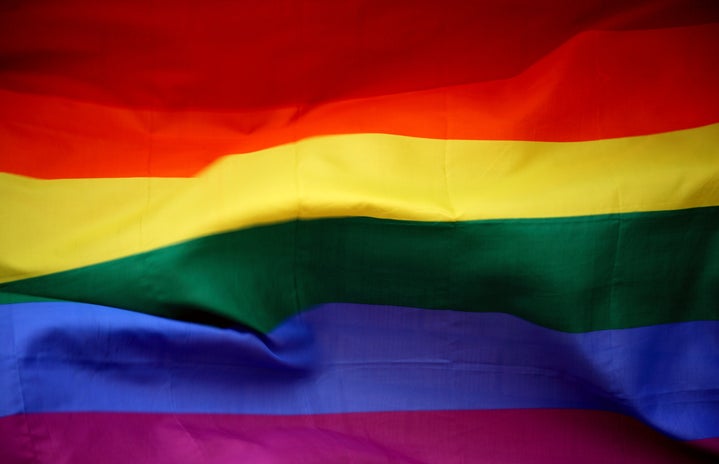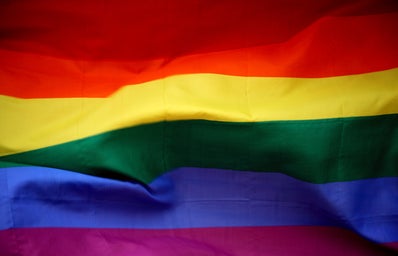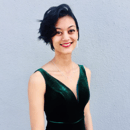Bisexuality is a concept and identity that has been a part of the LGBT community for decades, yet it still feels as if we’re unwelcome here. My existence and my experiences have been invalidated by other members of the LGBT community through disappointing acts of hypocrisy. Something about the community, which suffers marginalization as a whole, invalidating its own members is really disheartening.
Far too often I’m mistaken for someone who is cisgender and heterosexual, especially when I’m with my boyfriend (who is also bisexual). Although being mistaken for cis or straight isn’t inherently alienation, the insistence of heterosexuality that follows certainly is. Calling a bi couple a ‘heterosexual couple’ despite one or both being bisexual erases a bisexual experience and bisexual representation. Some might think that this is a privilege (usually dubbed “straight-passing privilege”), but truthfully, the willful distortion of my identity feels like anything but a privilege. Especially when it comes from people who are also fighting to validate their own identity.
Not only have I felt unwelcome in LGBT spaces, but it’s often felt like the only way to be welcome is to disclose my gender identity and sexuality to those already in the space. The gateway to validity just doesn’t feel worth divulging such intimate knowledge about myself; if I am uncomfortable with making my sexuality and gender identity known, I shouldn’t feel pressured to, especially within my own community.
Sometimes it’s not whether I’m bisexual or not, but whether I’m bisexual enough. I happen to have more experience with the opposite sex than the same sex (not that anyone has the right to demand my sexual history in order to tell me who I really am), which gives some people in the LGBT community the impression that I’m not ‘bi enough’ to belong within the community. If it isn’t my lack of experience, then it’s my preference that invalidates me. Never mind the people who believe that bisexuality isn’t real (yes, you read that correctly: there are some people within the LGBT community who don’t believe in the B).
This notion of ‘not bisexual enough’ truly doesn’t end once it begins. No matter who I end up marrying, those who think I am not ‘bi enough’ will certainly believe I have ‘picked a side.’ This is an entirely incorrect assumption made about bisexuals: we don’t commit to a side, we commit to a person.
What upsets me the most about this is that this alienation is coming from my own community. This is a space that was built to avoid behavior like this. Instead of coming together in a welcoming space, some of us are treated like we don’t belong by members of our own community. I didn’t write this article to bitterly complain about my circumstances. Rather, I wanted to shed some light on the biphobia within the LGBT community. This hypocrisy needs to end, and we need to pull together to form one welcoming and accepting community. Otherwise, we’ll waste even more time fighting ourselves for acceptance.
Want to see more HCFSU? Be sure to like us on Facebook and follow us on Instagram, Twitter and Pinterest!







